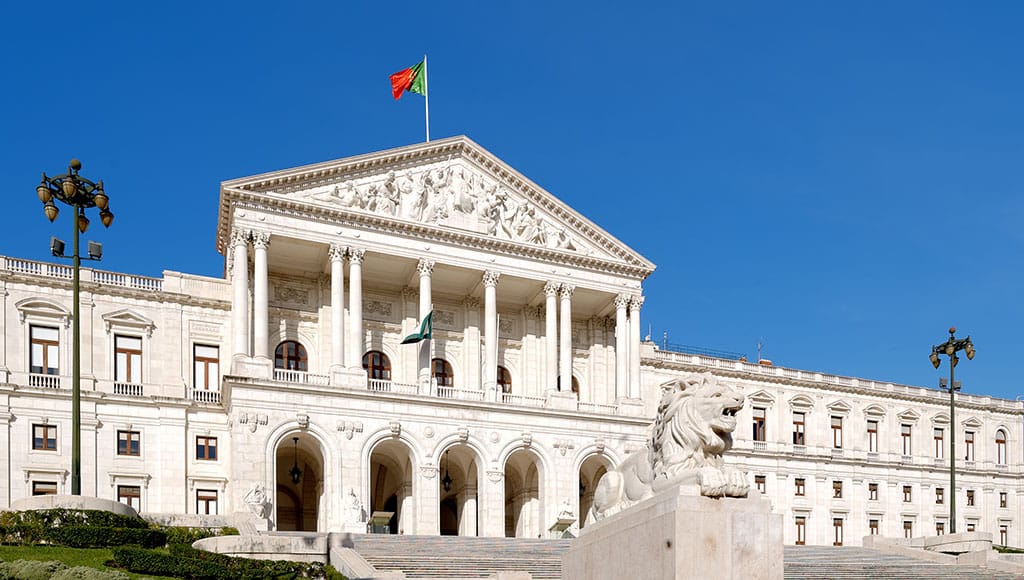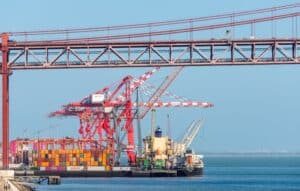As Portugal approaches the release of its autumn Budget for 2025, the nation stands at a crossroads. Six months after the Democratic Alliance’s election victory, this Budget could mark a pivotal moment for the country’s government as it seeks to navigate the economic challenges and opportunities ahead.
Portugal’s post-financial crisis recovery has been nothing short of remarkable based on where it was in 2007. The country’s open-door policy toward foreign inward investment has driven substantial economic growth, improving both productivity and employment.
Investors have been drawn to Portugal by its attractive fiscal policies and quality of life, leading to a steady inflow of capital that has revitalised key sectors of the economy.
Recent recognition of this success came in the form of an international A rating from Fitch, which highlighted Portugal’s continued progress in reducing public debt and maintaining a prudent budgetary policy.
The international ratings agency praised the country for its fiscal discipline, noting that it expected to continue to outperform other eurozone economies in terms of growth expectations. Portugal continues to be widely viewed as a success story within Europe, with growth projections surpassing many of its peers.
The expectation is that in Portugal’s upcoming 2025 Budget, the government will fine-tune its strategies, balancing the need to attract ongoing investment while enhancing the prosperity and opportunities for its citizens. It’s a delicate task. So, what are the hopes and forecasts for the Budget?
One of the most anticipated changes on the horizon is the end of Portugal’s NHR tax regime to new entrants, which has been instrumental in drawing tens of thousands of affluent expats and investors to the country.
Set to be replaced to new entrants by the ‘Tax Incentive for Scientific Research and Innovation’ in 2025, often referred to as NHR 2.0 tax regime, the new scheme aims to attract entrepreneurs, scientists, researchers, and highly skilled professionals.
There is hope that the new government will expand on the scope of the new tax regime and who will qualify as clarity is now required so the country can continue its upward trajectory and stay attractive to inward investors bringing productivity and value to Portugal.
This shift signals the government’s desire to steer foreign investment toward sectors that can stimulate innovation and drive long-term economic growth.
There is hope among the business community that the new NHR 2.0 tax regime will maintain some of the flexibility and attractiveness of its predecessor, particularly for high-net-worth individuals and entrepreneurs bringing productivity and job creation to Portugal.
Portugal has also benefited significantly from alternative investment funds that utilise the Golden Visa residency by investment program, which has allowed accredited as well as sophisticated and institutional investors to back the country’s growth.
Portugal Pathways, an organisation that already supports more than 10,000 international investors and affluent expats, hope that the Budget will continue to promote progressive policies.
Many of these individuals want to see Portugal’s growth trajectory continue to increase, creating more economic benefits and jobs and ensuring revenues continue to flow into the Portuguese economy.
Paul Stannard, Chairman and Founder at Portugal Pathways, said: “With the introduction of the new NHR 2.0 tax regime, there’s a unique opportunity to attract skilled talent and investment into Portugal. However, the process needs to be simple and easy to navigate like the original NHR tax regime.
“The 2025 Budget presents a chance for the Portuguese government to continue the country’s growth through encouraging investment, innovation, open for business and offer quality of life to those who wish to bring value.”
With Portugal set to exceed eurozone growth expectations once again, all eyes are on the government as it prepares to unveil its plans.
Sponsored Content



















